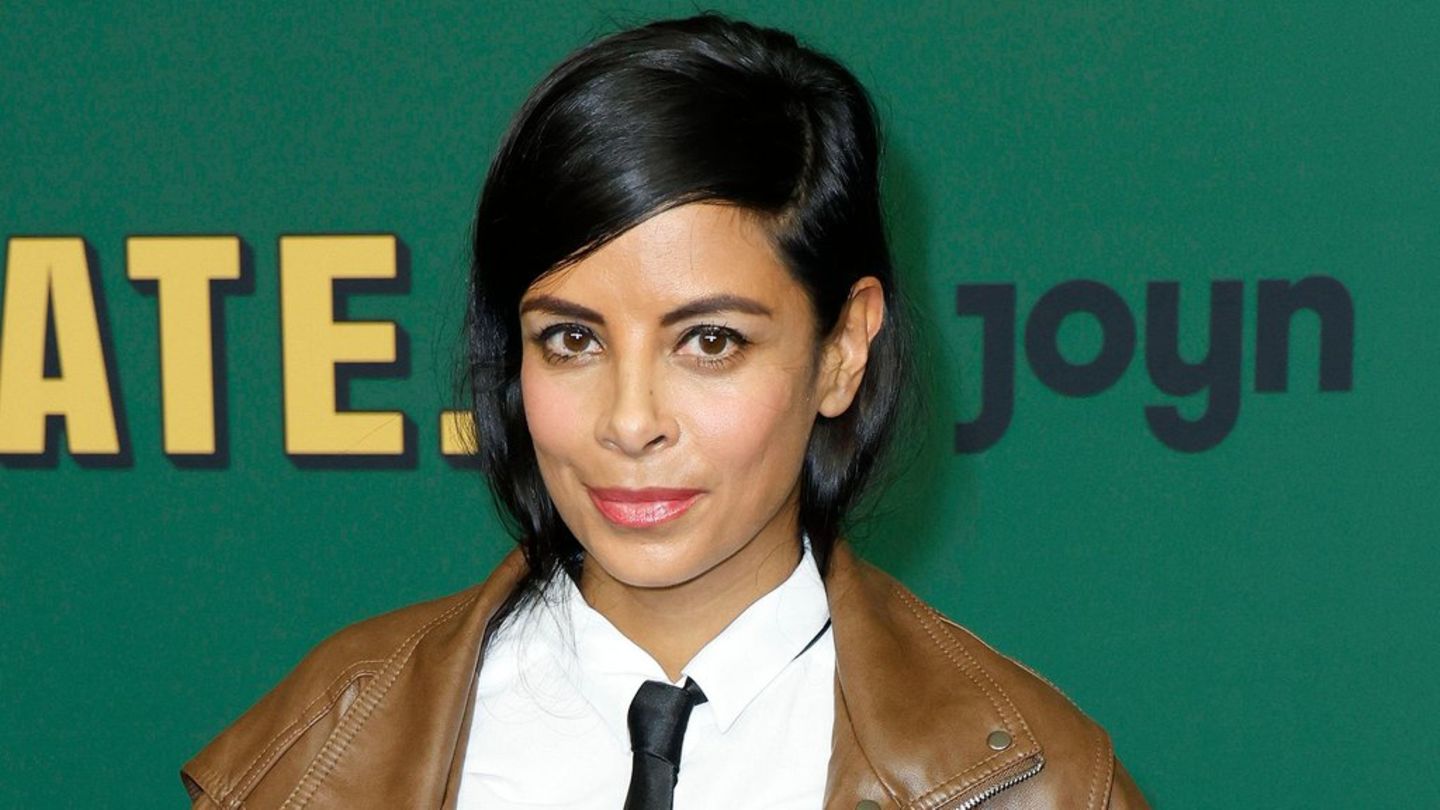I am an author and journalist who has worked in the entertainment industry for over a decade. I currently work as a news editor at a major news website, and my focus is on covering the latest trends in entertainment. I also write occasional pieces for other outlets, and have authored two books about the entertainment industry.
Menu
Thelma Buabeng plays “The Policewoman”: “First Black Woman” with this leading role
Categories
Most Read
Joint project: Sparks and Shyamalan are making a book and a film together
October 15, 2025
No Comments
Duchess Meghan: This is what she says about the deal with Netflix
October 15, 2025
No Comments
Taylor Swift: Your song triggers a rush of visitors in Wiesbaden
October 15, 2025
No Comments
Wegovy, the famous weight loss drug, has already arrived in Argentina
October 15, 2025
No Comments
There are 3 simple steps: the keys to recycling better from home
October 15, 2025
No Comments
Latest Posts

Sports leggings with cell phone pocket: 5 practical fitness pants
October 15, 2025
No Comments
PierceI am Pierce Boyd, a driven and ambitious professional working in the news industry. I have been writing for 24 Hours Worlds for over five

Collien Monica Fernandes: She is taking some time off after “minor surgery”.
October 15, 2025
No Comments
Lisa HarrisI am an author and journalist who has worked in the entertainment industry for over a decade. I currently work as a news editor

Football World Cup: Trump threatens cities to postpone games
October 15, 2025
No Comments
Power struggle Trump threatens democratic cities with withdrawal of World Cup games The conflict between democratically governed US cities and Donald Trump is entering the
24 Hours Worlds is a comprehensive source of instant world current affairs, offering up-to-the-minute coverage of breaking news and events from around the globe. With a team of experienced journalists and experts on hand 24/7.

